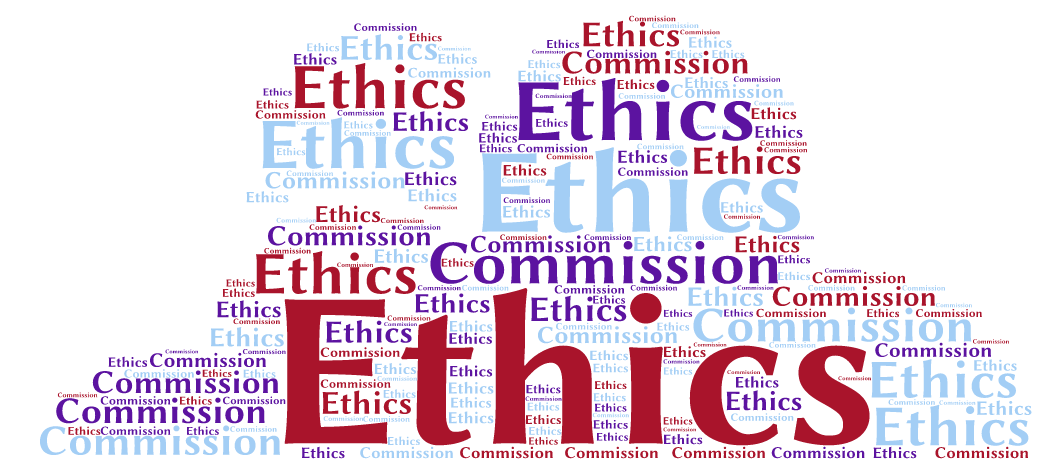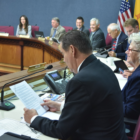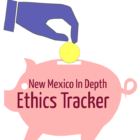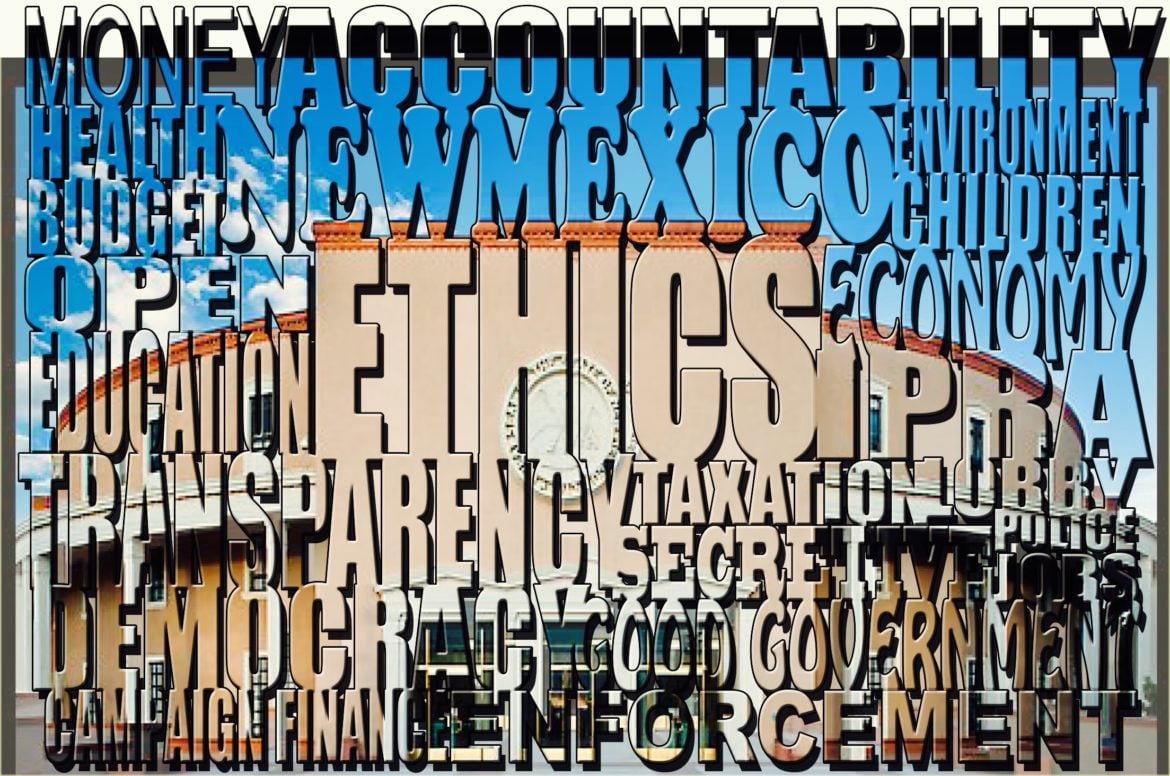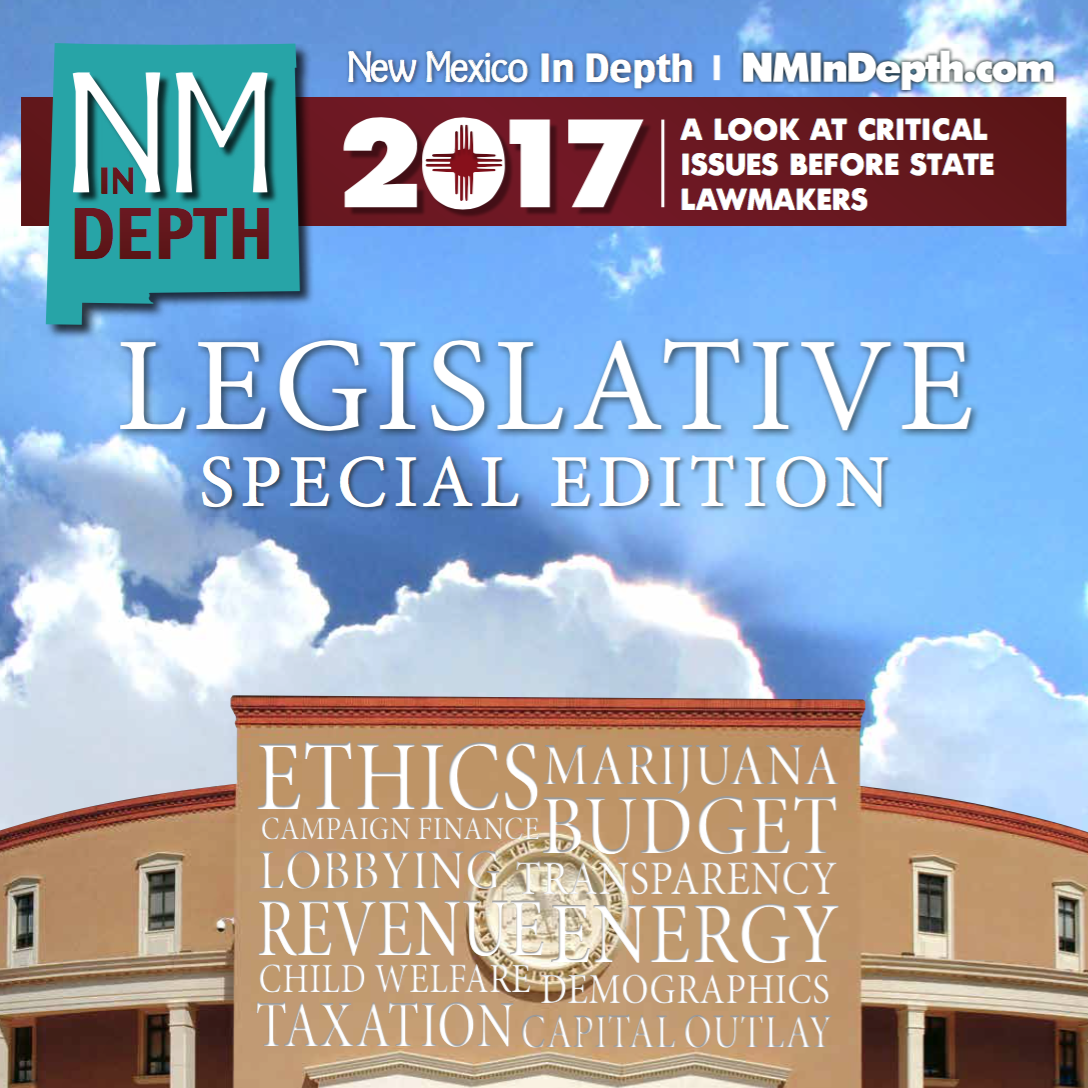2019 legislative session
House Judiciary ethics changes set up potential for legislative showdown
|
With less than 48 hours left in the 60-day session, the House Judiciary Committee on Thursday evening set up the potential for a legislative showdown over a new, independent ethics commission as time runs out on the 2019 session. It happened when House Judiciary members dramatically altered the Senate’s vision for the new commission, sending it to the full House for a vote. It was another strange turn in the long trip for ethics commission legislation during this year’s session as state lawmakers seek to honor New Mexicans’ wishes. Seventy five percent of voters in the November election approved amending the state constitution by adding an independent ethics commission with subpoena power following a series of scandals.
That the fate of a new commission might be decided in a game of legislative chicken in the final 36 hours of this year’s session isn’t a surprise.
